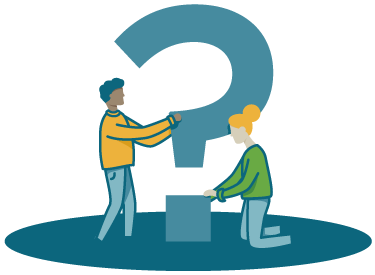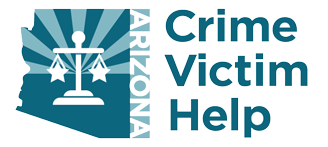Elder or Vulnerable Adult Abuse
Older adults can be more vulnerable than others due to age and different disabilities such as memory problems or physical impairments. This is also true for vulnerable adults. A vulnerable adult is someone 18 or older that cannot protect themselves from harm because of a physical or mental impairment.
Unfortunately, this vulnerability can lead to abuse or exploitation or the elderly or vulnerable adults, sometimes by people close to them. Understanding the signs of abuse can help to identify when it is occurring. Elder or vulnerable adult abuse is a crime, and help is available.
Unfortunately, this vulnerability can lead to abuse or exploitation or the elderly or vulnerable adults, sometimes by people close to them. Understanding the signs of abuse can help to identify when it is occurring. Elder or vulnerable adult abuse is a crime, and help is available.
What is elder or vulnerable adult abuse?
Arizona law A.R.S. § 46-541(A) defines abuse as intentionally causing physical harm, causing injury by being careless, confining someone unreasonably, or sexually abusing or assaulting someone.
Abuse can also take the form of neglect. Neglect means depriving a person of food, water, medication, medical help, shelter, supervision, utilities such as heating and cooling, or any other services that are needed to maintain a vulnerable adult’s physical or mental health.


Abuse can also take the form of exploitation. Exploitation means illegally or improperly using an elderly person’s or vulnerable adult’s resources for one’s own profit or advantage.
A list of Arizona laws concerning elder or vulnerable adult abuse can be found here.
How does elder or vulnerable adult abuse or neglect occur?
Elderly people and vulnerable adults often rely on other people to look after many aspects of their care.
Sadly, the people in charge of their care sometimes engage in abuse or neglect.
Sadly, the people in charge of their care sometimes engage in abuse or neglect.
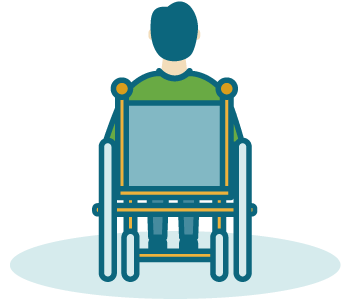
It can be scary for an elderly person or vulnerable adult to tell someone else that the person in charge of their care is mistreating them. Sometimes the person being abused or neglected may not have the ability to tell someone else about what is happening, but there still may be signs that abuse or neglect is occurring.
Such signs may include the following:
-
Bruises
-
Welts
-
Weight loss
-
Bedsores
-
Unclean bedding or clothing
-
Excessive fear or crying
-
Problems with sleep
-
Verbal disclosure of problems
-
Doctor or caregiver reports of problems
How does elder or vulnerable adult exploitation occur?
Exploitation happens when someone takes advantage of an elderly person or vulnerable adult by improperly using their resources (money, credit, property, etc.) for their own benefit.
This type of abuse may be difficult to see unless someone is monitoring the elderly person’s or vulnerable adult’s finances (bank account, money on hand, public benefits, bills, etc.).
This type of abuse may be difficult to see unless someone is monitoring the elderly person’s or vulnerable adult’s finances (bank account, money on hand, public benefits, bills, etc.).
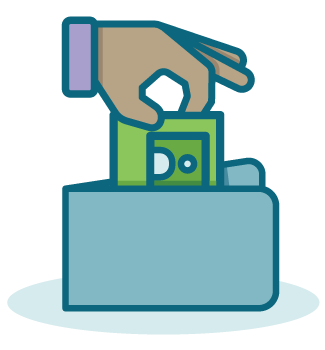
Possible signs of elder and vulnerable adult exploitation include:
-
Nervousness when at the bank
-
Suspicious bank account withdrawals or credit card charges
-
Concern or confusion about missing funds
-
Out of order check numbers
-
New credit card applications
-
Change in account beneficiaries
-
Sudden property transfers
-
Sudden changes to a will, trust, or Power of Attorney

Exploitation can also come from strangers in the form of telephone scams, internet scams, mail scams, or predatory lending.
For more information about elder and vulnerable adult exploitation visit, Arizona Elder Abuse Coalition.
For more information about protecting money and identity, click here.
For more information about protecting money and identity, click here.
How do people exploit elderly people and vulnerable adults?
There are many telephone, internet, and mail scams targeting elderly people and vulnerable adults in an attempt take advantage of them and get access to their money. Unfortunately, many of these scams are convincing and seem credible.
According to the National Council on Aging, the most common scams targeting seniors are Medicare and other health insurance scams, fake prescription drugs, funeral and cemetery scams, fake anti-aging products, telemarketing and other telephone scams, internet and email scams, investment schemes, reverse mortgage scams, lottery scams, and the “grandparent scam” where someone pretends to be a relative in trouble needing money.
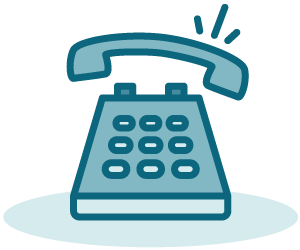
The Arizona Attorney General’s Senior Toolkit is a great source of information to help educate seniors and their loved ones about the most common scams and how to prevent them
Where can I find help if I am being abused or know an elderly person or vulnerable adult who is being abused?
If you or anyone else are in immediate physical danger or have been physically harmed, call 911 or local law enforcement.
You can file a report of elder abuse with Adult Protective Services at 1-877-767-2385 or online at, SpeakUpAZ. Adult Protective Services (APS) is a statewide agency in Arizona. They investigate claims of abuse, neglect, exploitation, and other harms committed against elderly people and vulnerable adults. They can also connect callers with helpful resources.
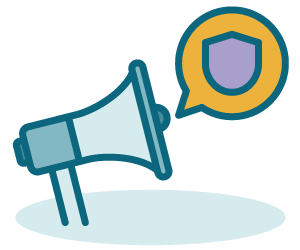
Where can I find more information about elder or vulnerable adult abuse?
The Arizona Attorney General’s Office provides many resources related to elder or vulnerable adult abuse:
Information and Training Guide (How to spot elder abuse and get help)
Resource List for Seniors
Consumer Complaint Filing Portal (for victims of fraud)
Resource List for Seniors
Consumer Complaint Filing Portal (for victims of fraud)
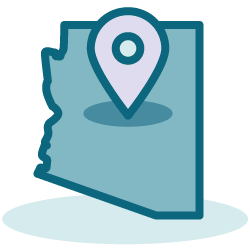
Every county in Arizona has an organization called the Area Agency on Aging. Area Agencies on Aging focus specifically on people age 60 or older. Their main goal is to advocate for older adults and to provide them with access to and information about local programs and resources.
There are meal programs, utility assistance programs, property tax reduction programs, housing programs, and other services available to help elderly people. Your local Area Agency on Aging is an excellent resource.
Other services they can refer people to include counseling to help someone overcome trauma resulting from abuse, assistance with applying for public benefits, assistance with arranging medical and mental health assessments, rehoming services to help find people new housing or care, financial services, legal services, and acute crisis intervention.

